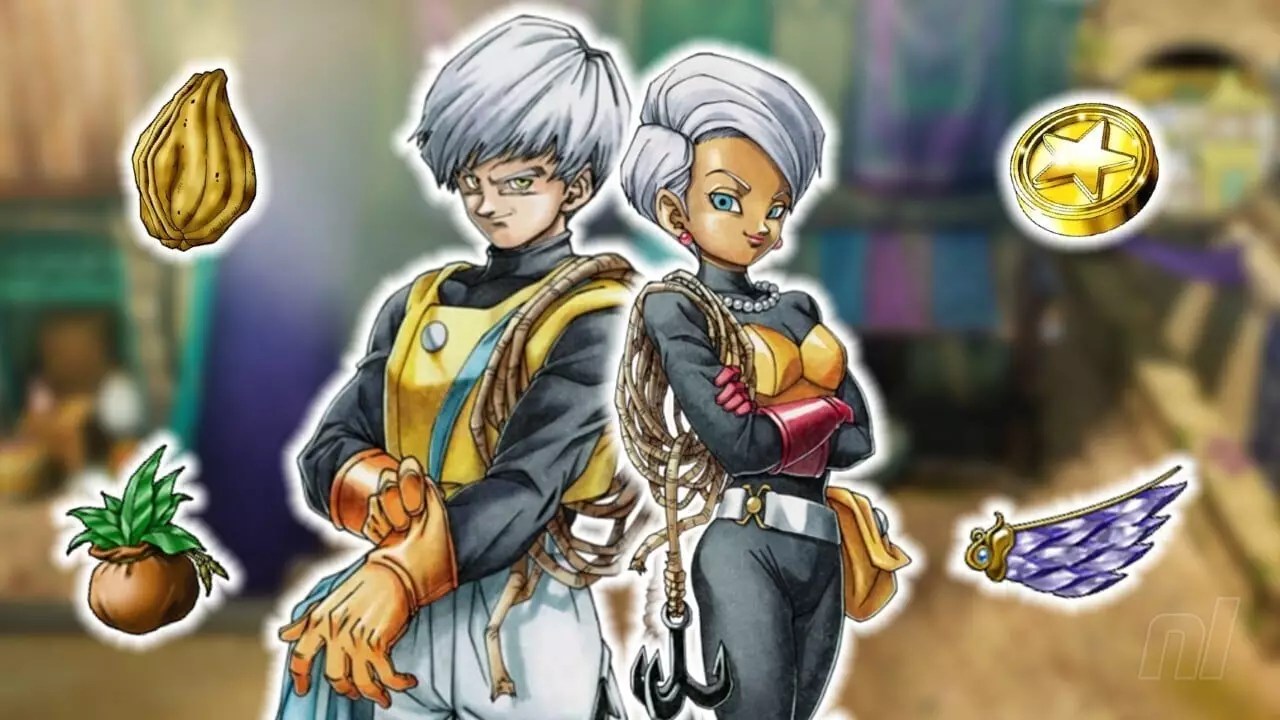In the vibrant landscapes of RPGs (role-playing games), one of the most entertaining, if morally dubious, activities is fluttering around the homes of unsuspecting NPCs (non-playable characters) and liberating them of their possessions. This phenomenon, while seemingly outrageous in the real world, evokes a unique sense of thrill and gratification in gaming. Players don the mantle of heroic avatars embarking on epic quests, yet they often pantomime as kleptomaniacs, rifling through drawers, lifting coins, and grabbing magical items without a flutter of guilt.
The experience of walking through a quaint, idyllic town in a game, captivated by the charm of its architecture and the lives within, leads players to confront their instincts regarding personal belongings. Would they dare to knock and engage with the inhabitants, or is the allure of steeling one more enticing? It’s not uncommon for players to hear the beckoning jingles of loot hidden within homes, beckoning them to explore. It presents a tantalizing dichotomy: exploring the quirks of human morality in a whimsical fantasy context while facing no real-world repercussions.
The roots of looting in video games stretch back to the genre’s genesis with titles like Dungeons & Dragons and its digital progeny, Ultima. These games profoundly shaped how morality is perceived in RPGs. The mechanics allow for nuanced moral decisions, letting players experiment with the ‘hero or villain’ dichotomy. Some Western RPGs often impose consequences for harmful actions—stealing may provoke the ire of town guards or NPCs. Titles such as *The Witcher III* illustrate that moral ambiguity isn’t an unheeded call; rather, it reflects the complexity of decision-making in gaming.
Contrastingly, many Japanese RPGs, such as *Dragon Quest*, lean towards the lenient side, allowing players to indulge in thievery with little to no backlash. The resultant feeling of power—being able to take what one desires without consequences—adds to the player’s enjoyment. This duality of experience is important; players engage in the hard-fought narrative of heroism one moment and embrace willful disregard for others’ belongings the next.
As players embark on quests, the thrill of discovery often intertwines with feelings elicited from taking spoils. When rifling through a dresser, finding a handful of gold coins or a new piece of equipment feels exhilarating, far beyond the act of merely collecting items. It reflects an innate drive to explore every corner of the virtual world, offering small rewards as a representation of one’s curiosity. The tactile sound of a coin or the satisfyingly chime of musical accompaniment when successfully acquiring items functions as a Pavlovian response, enhancing engagement.
One can’t help but relive the wintry moments in *Dragon Quest III*, where one clever individual might uncover hidden treasures that lead to gameplay advantages. The thrill of snagging a Tough Guy Tattoo or catching a glance at a hidden stash resonates with players, mirroring their hopes of finding something extraordinary in everyday life, albeit in a safer environment.
Interestingly, the manner in which games present theft reflects their cultural nuances. In cultures that embrace the idea of heroes as paragons of virtue, the ethical lapses demonstrated by players might invoke conversations about the nature of morality in gameplay. In stark contrast, those embracing the chaotic good archetype, wherein the ends justify the means, find a peculiar joy in pilfering. For some, engaging in such acts within the confines of a game lets them explore traits they might eschew in reality.
Notably, some games even play into this sociocultural narrative—drafting storylines wherein NPCs implicitly grant permission to loot as a reward for a completed quest. For instance, in *Fantasian Neo Dimension*, this explicit acknowledgment from NPCs becomes a comical nod, portraying those robbing as benevolent benefactors rather than thieves.
At the end of the day, while engaging in virtual theft may prompt chuckles and alleviate stress in RPGs, it ignites a deeper contemplation about morality in gaming. With every discovery masked in ethical quandary, players individually navigate their paths, redefining what it means to be a hero—or an antihero—in their virtual endeavors. So, the next time you find yourself rummaging through someone’s digital sock drawer, ponder this: Would your gaming persona bestow favor upon missing items, or should they tread lightly, respecting the boundaries of imaginary lives? The answer lies in the thrill of the loot versus the virtue of restraint, a constant duel that fuels our love for RPGs.


Leave a Reply